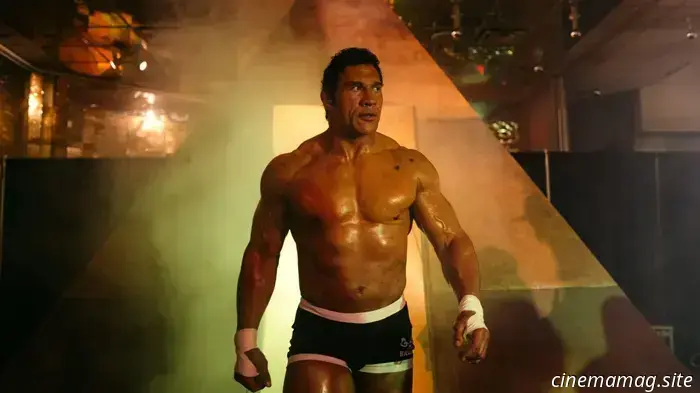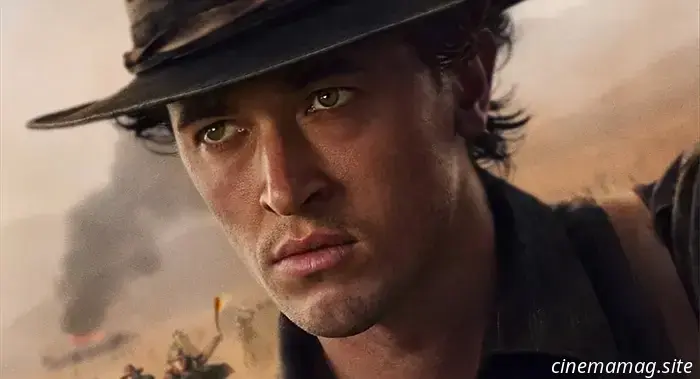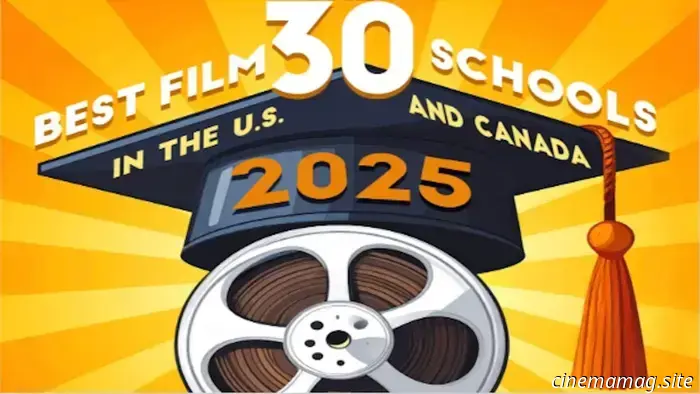
Venice Review: An Outstanding Dwayne Johnson Mellowes Benny Safdie’s The Smashing Machine
The Smashing Machine is an emotionally resonant film that showcases a deep affection for its subjects—the individuals involved as well as the industry they contributed to, for better or for worse. This film draws inspiration from a 2002 HBO documentary of the same name and features Dwayne “The Rock” Johnson in a leading role as Mark Kerr, a veteran of the "no holds barred" fighting scene that eventually evolved into the more profitable UFC, although this transformation occurred long after Kerr had left the sport. I'm pleased to report that it's a more bizarre film than one might expect, presenting itself as an art film while still adhering to established conventions, often remaining engaging, though it rarely captures the tension found in the best sports films.
Written, edited, and directed by a newly independent Benny Safdie, the film diverges from the genre’s typical formulas; you won't encounter inevitable knockouts, bittersweet victories, or overtly noble defeats. An obvious parallel can be drawn to Darren Aronofsky’s The Wrestler, which revitalized Mickey Rourke’s career in a way The Smashing Machine might similarly do for Johnson. The former WWE star-turned-Hollywood heavyweight has been shifting his focus over the past couple of years after the significant personal and financial letdown that was Black Adam. I’m eager to hear Johnson's thoughts on Safdie’s direction; it seems, yet again in his career, he finds himself in a project that may prove more artistically ambitious than initially suggested by the script.
Despite its shortcomings, this film is an intriguing experience worth viewing, even if I'm not entirely convinced by it. One of Safdie's main challenges was reconciling Johnson's larger-than-life persona with a narrative that emphasizes humility. The director achieves this by distancing the audience from the actor, utilizing medium shots and providing only brief glimpses into Kerr's emotional world, which are undoubtedly the film's most powerful moments. A touching scene early on exemplifies this when Kerr respectfully requests that the airplane window shade be left open so he can enjoy the sunset. In another poignant moment, perhaps the film's highlight, Safdie alternates between close-ups of Kerr observing a demolition derby. During a press screening this morning, I found myself feeling a deep, sympathetic connection to the battered cars taking relentless hits for the entertainment of an eager crowd.
Ultimately, the film serves as a tribute to the overlooked heroes from the toughest realms of sports. Set in the late 1990s, the narrative adheres to a classic structure—featuring an undefeated record, a drug crisis in the middle, and a pivotal fight towards the end—but unfolds at a steady, melancholic pace, enhanced by an exceptional (if sometimes abstract) score from experimental jazz musician Nala Sinephro. It shares a cosmic atmosphere with the director and his brother Josh's earlier sports film, Uncut Gems, but that film employed harsh tactics to keep viewers utterly absorbed until the final moment. Much of The Smashing Machine revolves around Kerr's involvement in Japan’s Pride league, yet I find I can remember the striking image of Johnson appearing lost on a Tokyo escalator more vividly than the specifics of any fight. (It will be interesting to see if this aspect emerges more clearly in Josh’s upcoming Marty Supreme.)
While this sports film features a cast of real MMA fighters (including prizefighter Oleksandr Usyk), it strikes me as somewhat detached from the events themselves, despite their beautiful cinematography. As a sports enthusiast who hasn't been particularly captivated by the UFC, the film didn't change my perspective. But I acknowledge this may be a personal bias. The most impactful fight scenes—the domestic conflicts between Kerr and his girlfriend, Dawn Staples (Emily Blunt)—are even less convincing. Though Blunt’s casting probably stems from her collaboration with the duo in Jungle Cruise, the performances don’t seem to complement each other here, even if their chemistry is evident. Additionally, the similarities between Blunt’s accent and mannerisms and Mikey Madison’s in Anora are certainly intriguing.
While balancing Kerr’s underdog career with a tumultuous period in his life (leaving his cameo as a welcome addition), the film lacks a genuine sense of urgency, though this isn’t Johnson's fault. The actor remains endlessly captivating, immersing himself in the role while uncovering Kerr's deep vulnerability, even as he breaks down doors with a single punch. The movie debuts tonight at the Venice Film Festival, where Johnson can expect an enthusiastic response from the celebrity-loving Salle Grande crowds, akin to the reception Rourke received for The Wrestler, Fraser for The Whale, and Keaton for Birdman. Good for him.
The Smashing Machine premiered at the Venice Film Festival and will be released on October 3.
Other articles
 In the trailer for season 3 of Billy the Kid, the outlaw transforms into a legend.
MGM+ has released a trailer for the third and final season of its Western drama series, Billy the Kid. In this season, Sheriff Pat Garrett is on a mission to apprehend the famous outlaw, while Billy opts to remain in New Mexico, seeking the justice he feels has slipped away from him. Season 3 features the return of […]
In the trailer for season 3 of Billy the Kid, the outlaw transforms into a legend.
MGM+ has released a trailer for the third and final season of its Western drama series, Billy the Kid. In this season, Sheriff Pat Garrett is on a mission to apprehend the famous outlaw, while Billy opts to remain in New Mexico, seeking the justice he feels has slipped away from him. Season 3 features the return of […]
 The Top 30 Film Schools in the U.S. and Canada, 2025
As we began to create our newest list of the 30 Best Film Schools in the U.S. and Canada, we initiated the process with a fundamental question: Which schools will assist you in reaching your goals?
The Top 30 Film Schools in the U.S. and Canada, 2025
As we began to create our newest list of the 30 Best Film Schools in the U.S. and Canada, we initiated the process with a fundamental question: Which schools will assist you in reaching your goals?
 Michael Bay's Cinematic Framework: Insights on Scale, Motion, and Energy - MovieMaker Magazine
Capturing people's attention nowadays seems almost impossible. Even quality content is missed if it doesn't connect right away. However, certain things just
Michael Bay's Cinematic Framework: Insights on Scale, Motion, and Energy - MovieMaker Magazine
Capturing people's attention nowadays seems almost impossible. Even quality content is missed if it doesn't connect right away. However, certain things just
Venice Review: An Outstanding Dwayne Johnson Mellowes Benny Safdie’s The Smashing Machine
The Smashing Machine is a film rich in emotion and passion. It also demonstrates a deep affection for its subjects, including the individuals involved and, for better or worse, the industry they contributed to. The film is inspired by a 2002 HBO documentary of the same title and features a prominent performance by Dwayne "The
